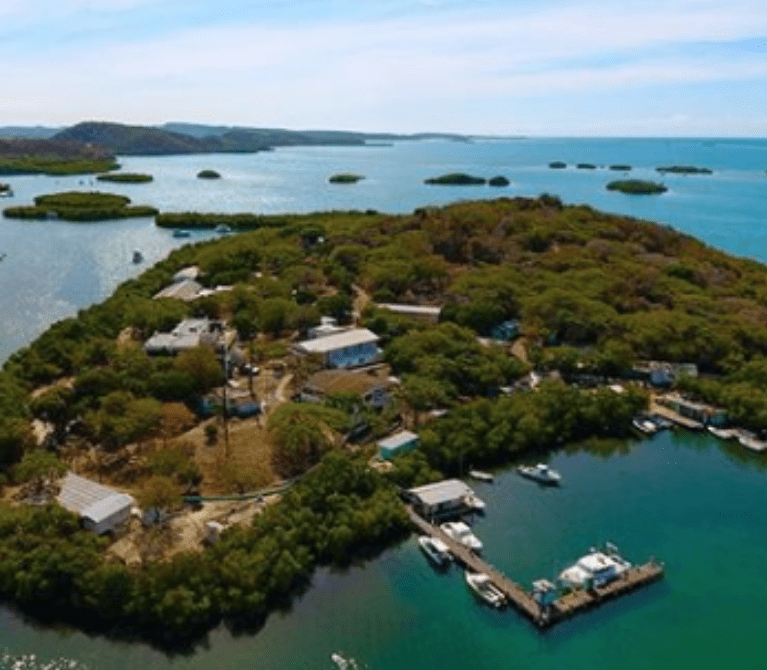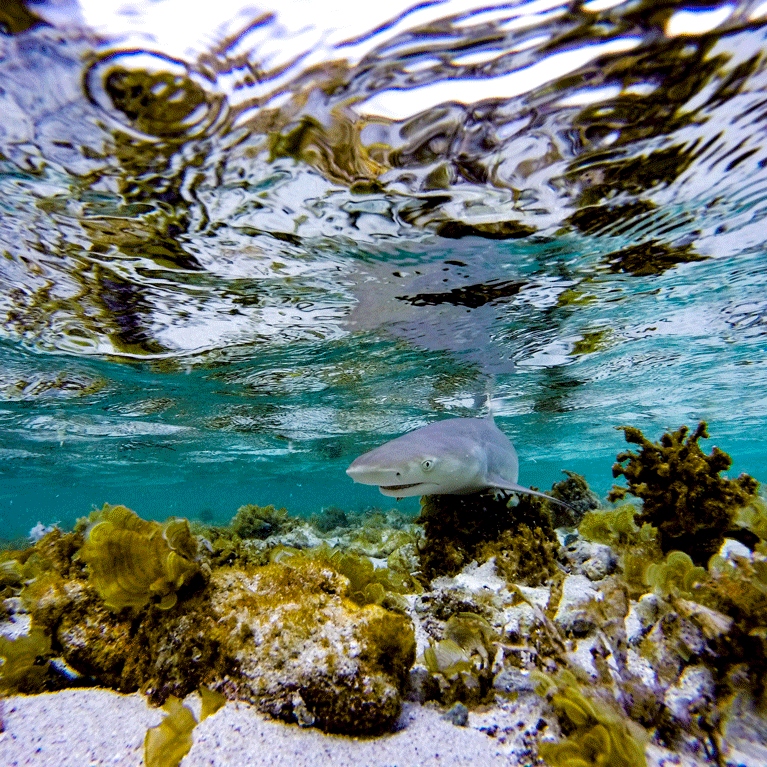Decoding DNA for diversity
To find out which shark species occur in Puerto Rican waters, Glorimar is using genetics and getting samples from fish markets. She also relies on the assistance of local fishers. Filling this fundamental knowledge gap will help to assess local consumption of sharks and build up the community’s understanding of how sharks function in the marine ecosystem.
My love for sharks has been stronger than for any other sea creature, despite the fact that my first meeting with such a mighty creature was less than auspicious. My father and his family have always been keen fishers, out of necessity and for sport, and it was this that led to my first encounter with a shark. It was lying on a table, dead, waiting to be chopped into pieces and sold. I marvelled at how such a strong and feared animal could appear so weak and helpless. It looked, quite literally, out of its element. To this day,...


Using DNA Barcoding to Document the Diversity of Sharks in Puerto Rico
Using DNA barcoding methods to identify the different species of sharks through fish markets and educate the local community, mainly fishermen, about the ecological importance of sharks.
We are addressing the urgent need to study aspects of basic biology of sharks (i.e., population densities, genetic and species diversity, fisheries) in Puerto Rico. Our research team will be studying the diversity of sharks using the capture of species by local fishermen and fish markets. As in other Caribbean islands, coastal Puerto Rico depends heavily on local fisheries as a source of income. Consequently, sharks have been fished for consumption without any concerns for their conservation. The reality is that there exists no baseline data about what type of shark inhabit the areas around the island and what species Puerto Ricans are consuming. Our goal is to provide scientific data that will not only shed light into the diversity of species, unregulated fishing of sharks but also provide a baseline for future studies.
Worldwide, shark populations have been experiencing a devastating decline due to decades of unregulated and illegal overfishing. In Puerto Rico, there is little to no knowledge on the distribution, ecology, species diversity, and artisanal fishing patterns of sharks. It is widely accepted in Puerto Rico, mainly due to lack of conservation laws aimed at protecting sharks, to indiscriminately fish, sell, and eat shark meat. Additionally, the local population lack the education regarding the ecological importance of these apex predators within their ecosystems. For that reason, we proposed to use DNA barcoding to study the diversity of sharks which are currently being caught and sold by local artisanal fishermen. All sampled shark specimens were obtained from fish markets, as well as from direct contact of local fishermen who fish throughout Puerto Rico. The information obtained from this project will provide critically data of shark diversity, shark consumption and the gap of knowledge in the community of Puerto Rico about species identification and shark ecological importance. Furthermore, this project aims at reaching out to the local community through the various outreach activities, thus, creating greater awareness of shark conservation that benefits everyone involved. I recognized the necessity and urgency to explore the market of shark meat in the coasts of Puerto Rico since there is no scientific literature and data available on the subject. Having traveled around the island, visiting small local bars where they sell fried food has led me to believe that there must be an underground demand for shark meat that has not been addressed for decades. I took the initiative to visit fish markets and engage in conversations with many fishers from the southwest, west, and northwest coast of Puerto Rico. This ongoing preliminary study, which began in 2017, allowed me to understand some of the problem’s fishermen face daily; the majority are struggling to provide food for their families. I came to the realization that there is indeed accidental fishing, but there is also a market that sells shark meat for profits and it is apparently a popular one among the general public, which leads to the root of the problem. If there is demand for it, it will sell. Thus, we will continue to focus our resources to educate adults, as well as kids.
- Create a species list of the diversity of sharks through the catch by fishers around the island of Puerto Rico by using DNA barcoding methods.
- Educate the fishing community through local outreach regarding shark species identification and shark conservation.

